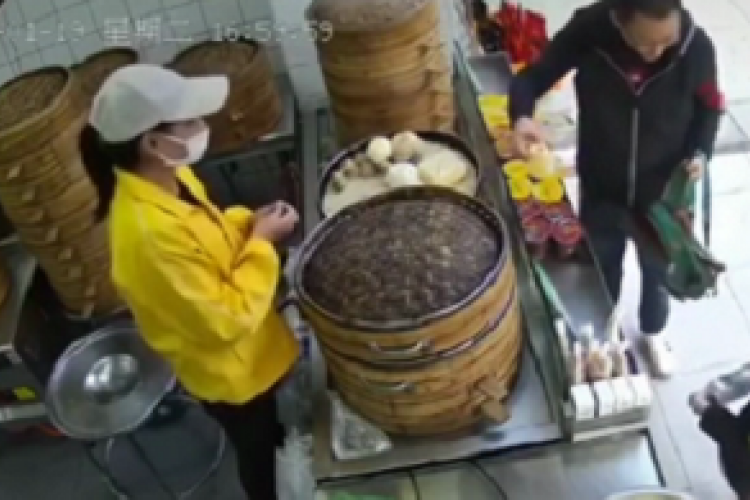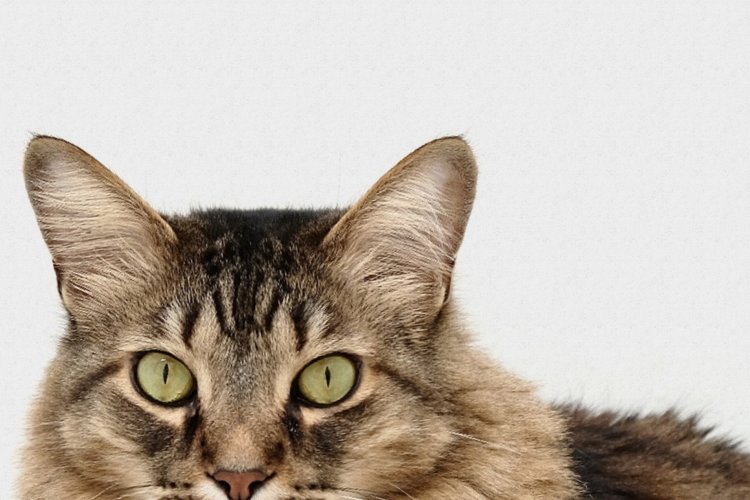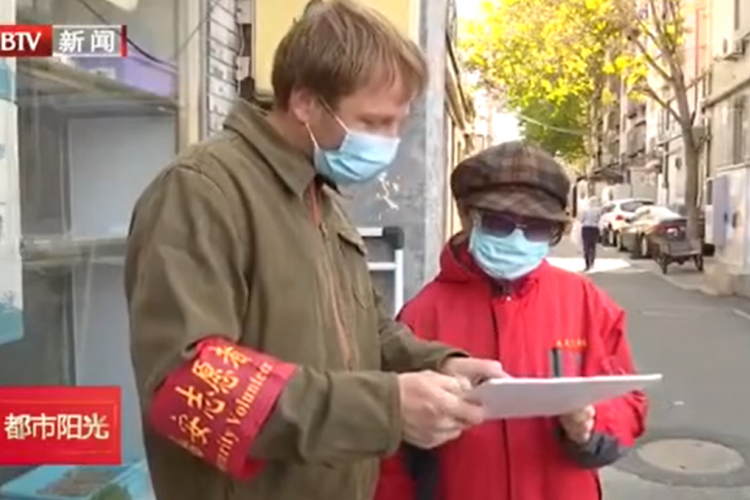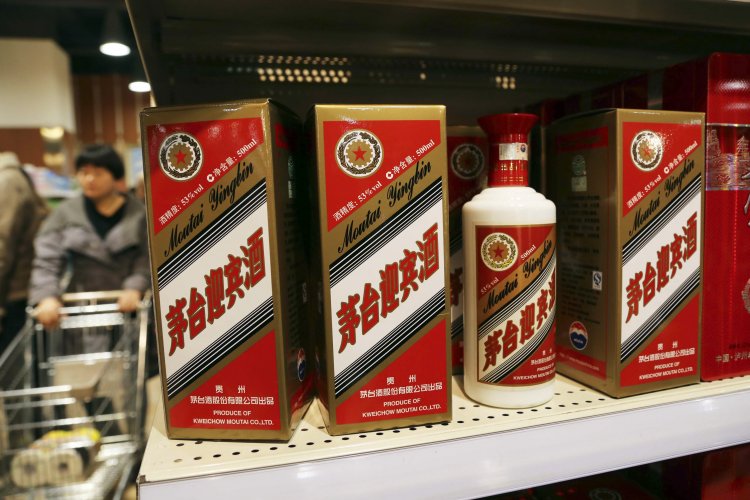Trending in Beijing: Beijing is Getting Old, Universal Studios Unveils Themes, and Fake Crabs
The fun, the strange, and the what-on-earth-is-this? Trending in Beijing is a wrap-up of top stories in Beijing as told by the trending hashtags, local press, and general power of the internet.
The elderly now make up a quarter of the Beijing population

If you looked around recently and thought that the number of retirees flagging down buses, dancing in squares, or lovingly shoving snacks down their grandkids' throats seemed to have increased, you'd be right.
According to a report released on Oct 14, Beijing's elderly (classified as those over 60) now account for more than a quarter of the total population. Using data collected in 2018, the findings show that from the end of 2017 to the end of 2018, the number of Beijingers aged 60 years and over increased from 3.333 million to 3.491 million, for a total increase of 158,000 or 4.7 percent. It was also faster than the rate of growth for the total city population (1.2 percent) over the same period.
A whopping 928 of the seniors were 100 years or older, which is 95 more centenarians than were counted in Beijing the previous year. The authorities expect that the number of centenarians will exceed 1,000 by the end of 2019.
While Beijing grandmas and grandpas are generally very adorable, and the idea of having over 1,000 centenarians living among us is weirdly thrilling, the aging population weighs heavily on the shoulders of working adults.
According to the report, it takes the equivalent of 2.4 working citizens to support one elderly person. Netizens were unsurprised by the news, with on Weibo user explaining: "It's normal! If somebody settles down in Beijing, they also bring their parents, so one drags two." Users are discussing the incresingly lao Beijing under #北京老龄人口首超户籍总数四分之一# (Beijing's elderly population exceeds one quarter).
Universal Studios reveals themed areas, partners with Alibaba

Potterheads, take note! You'll soon be able to take a stroll in Hogsmeade Village because Universal Studios has revealed more details about their Beijing park, which is due to open in 2021. The company announced the seven themed lands that will make up the park: Minion Land, The Wizarding World of Harry Potter, Jurassic World Isla Nubar, Transformers: Metrobase, Hollywood, Waterworld, and Kung Fu Panda Land of Awesomeness, which is not only the real title but also an exclusive to the Beijing park.
The big reveal video, released on Oct 12, features actor Liu Haoran (刘昊然) who it seems succeeded in charming the vast majority of netizens since most comments revolved around the actor himself rather than Universal Studios.

The news didn't stop there. On Oct 17, Universal Studios Beijing held a grand ceremony to announce its strategic partnership with Alibaba group. Visitors can expect to need to use the Alibaba app to make payments, park, and even order food when visiting the park. Netizens are getting excited about booking their 2021 holiday at #北京环球影城一脸游# (A tour around Beijing Universal Studios).
Most Beijing hairy crabs are fake?

Autumn is the season for hairy crabs and Beijingers gladly roll up their sleeves to eat them by the truckload. However, a recent investigation into Beijing's batches has uncovered that the majority of everyone's favored Yangcheng Lake hairy crabs are not what they in fact claim to be.
Yangcheng Lake in Jiangsu province is one of the top sources for hairy crabs in the country. Besides their rich flavor, these crabs are considered some of the best thanks to their smooth blue-grey shells, the long, yellow, and straight hair on their legs, and strong and golden claws. When caught for export, these handsome crabs are tagged with a certification clasp, featuring a QR code and a telephone number. Yet a reporter from Beijing News recently visited ten different seafood restaurants and markets and found that most of the clasps were actually fake, with fuzzy QR codes or made-up phone numbers.
The level of fakery is not quite as egregious as, say, the famous Tibetan mastiff "lion," or "Supleme"-branded clothing, since the crabs are at least actually crabs. In fact, the "fake" crabs usually come from other ponds adjacent to the real deal, and even long-term sellers admit that they can't distinguish between those raised in the lake and those from nearby bodies of water. "As long as it's smooth and creamy, I don't care where it comes from," wrote one netizen, which seems more than reasonable, seeing that the difference in the final product may be close to nil.
The report nevertheless tickled users' curiosity, with the hashtag #10家超市阳澄湖大闸蟹仅一家为真# (Only one out of 10 stores carries real hairy crabs) garnering over 110 million readers at time of writing.
Chinese photographer wins prestigious wildlife photography award

Finally, a rather comical photograph of a Tibetan fox and visibly startled marmot has won Chinese photographer Yongqing Bao the Wildlife Photographer of the Year award. The encounter didn't end so well for the marmot but at least he didn't die in vain: the animal's last moments have earned him, and Bao, worldwide fame. Bao was one of 19 photographers to be honored during the ceremony on Oct 15, organized by London's Natural History Museum.
READ: Twin Baby Pandas Arrive at Beijing Zoo, Do Stupidly Cute Panda Stuff
Images: Weibo, SEO Agency China, Daxue Consulting, Grate News







